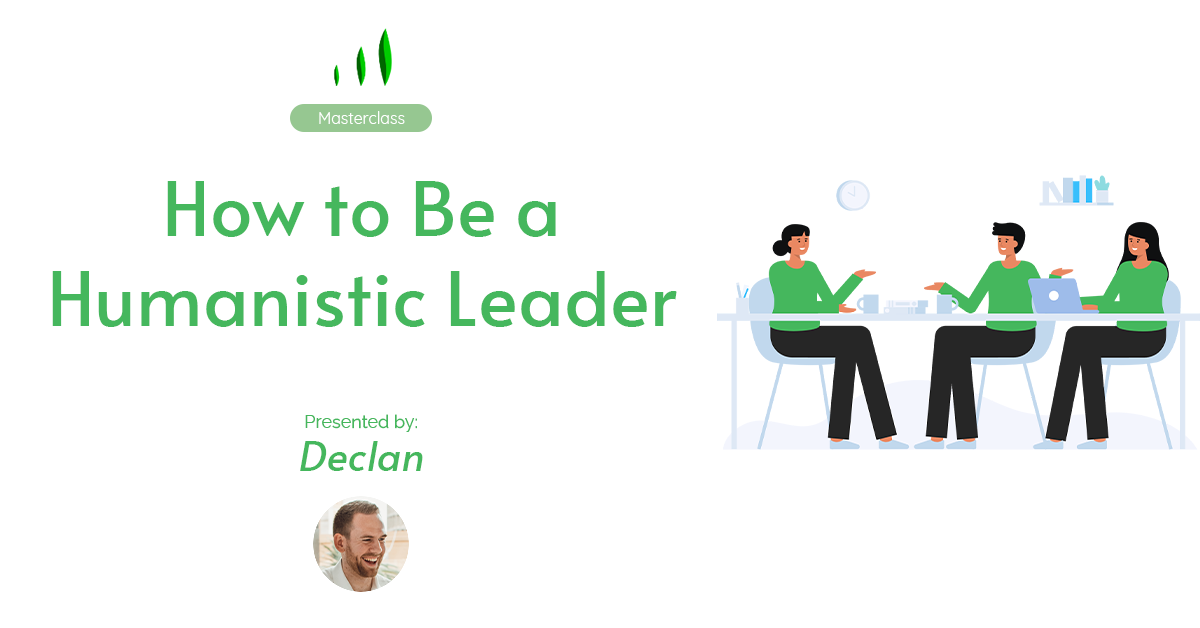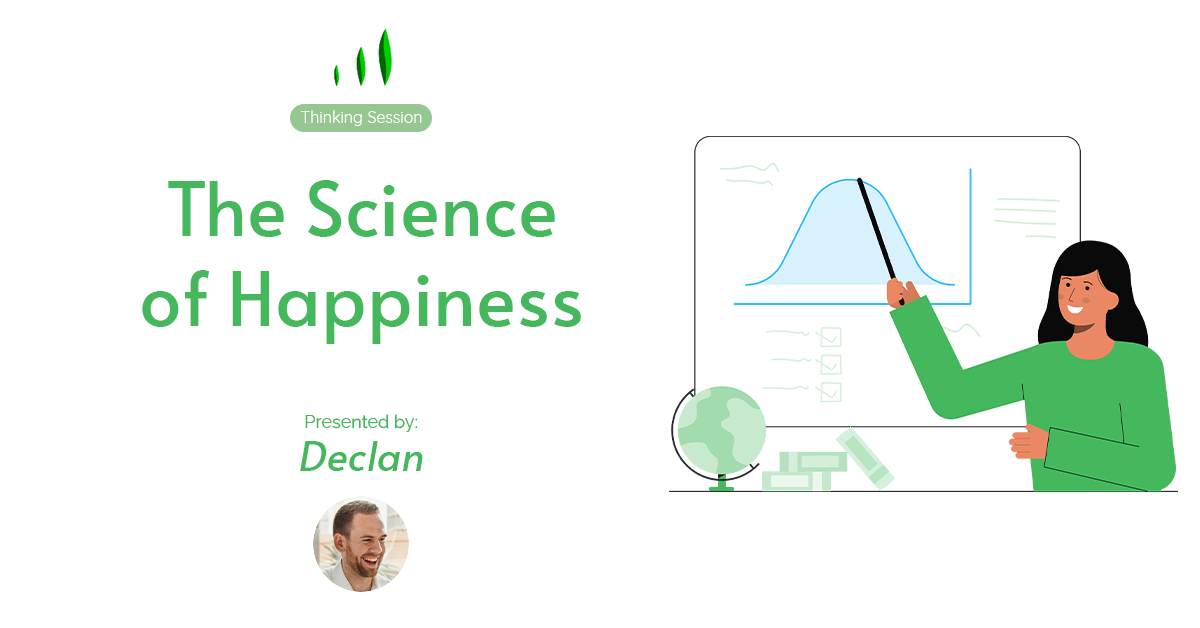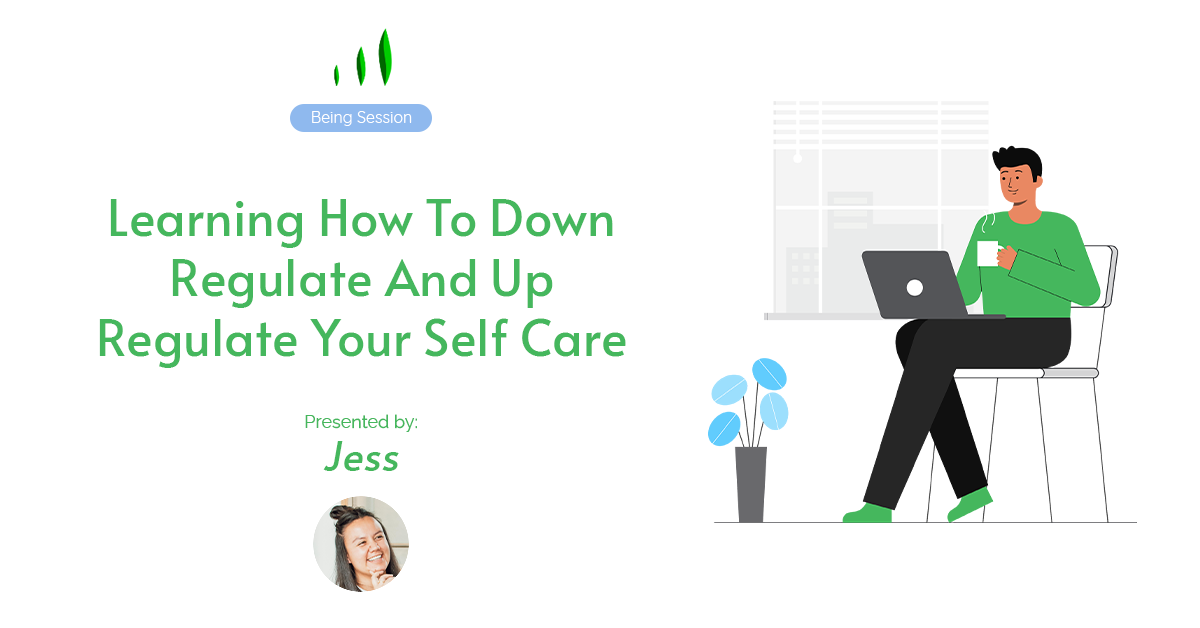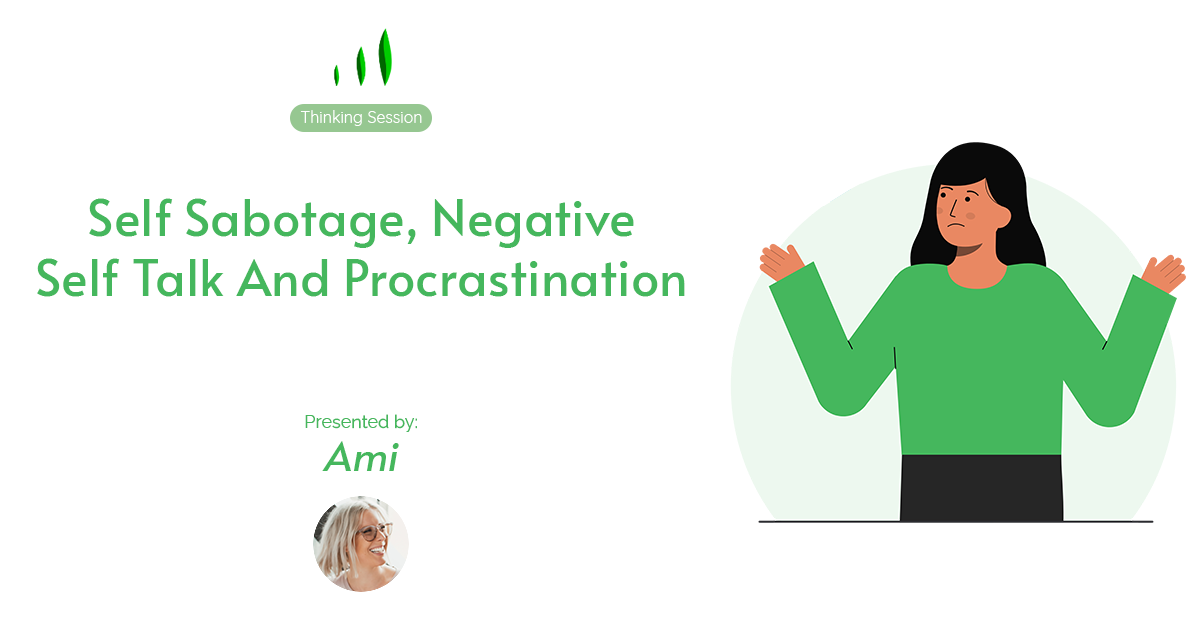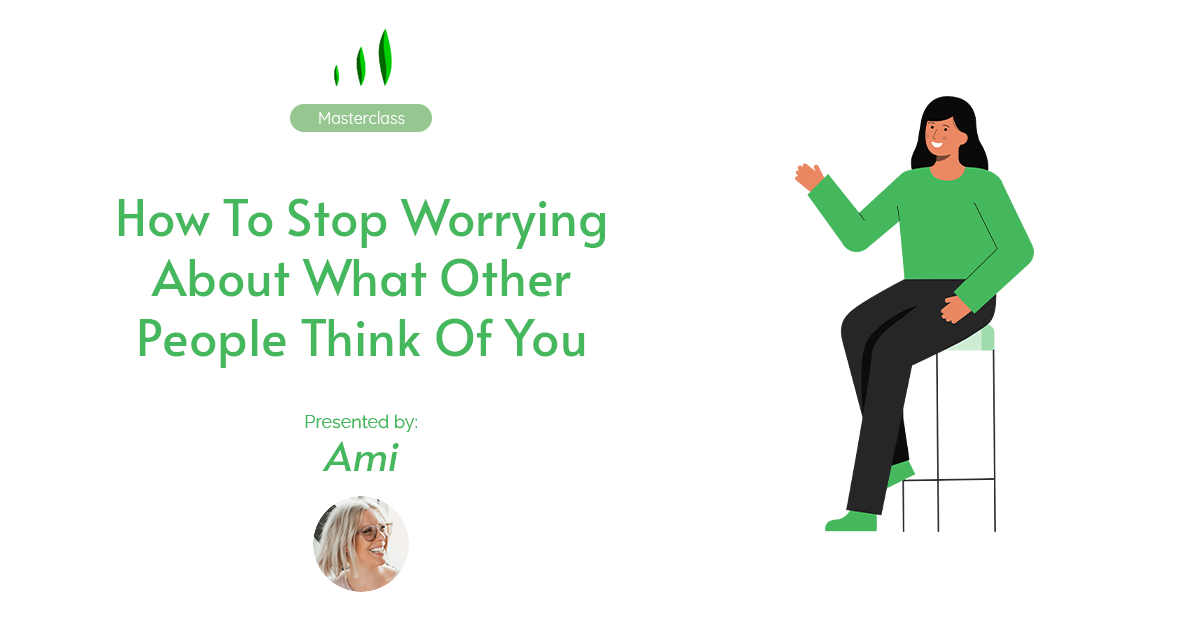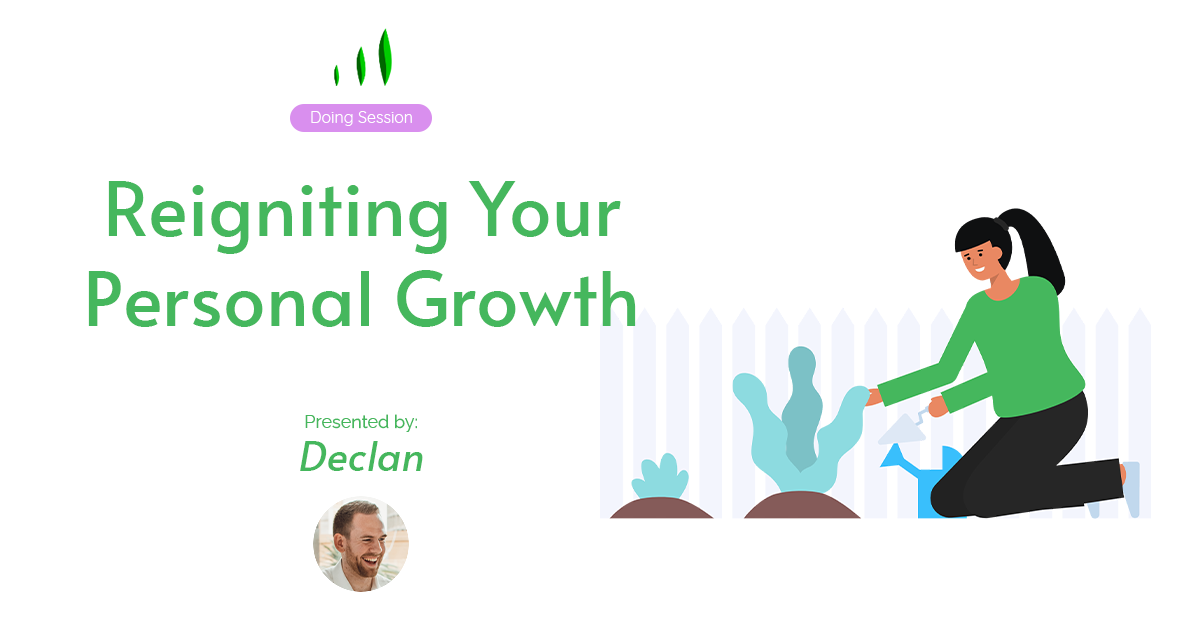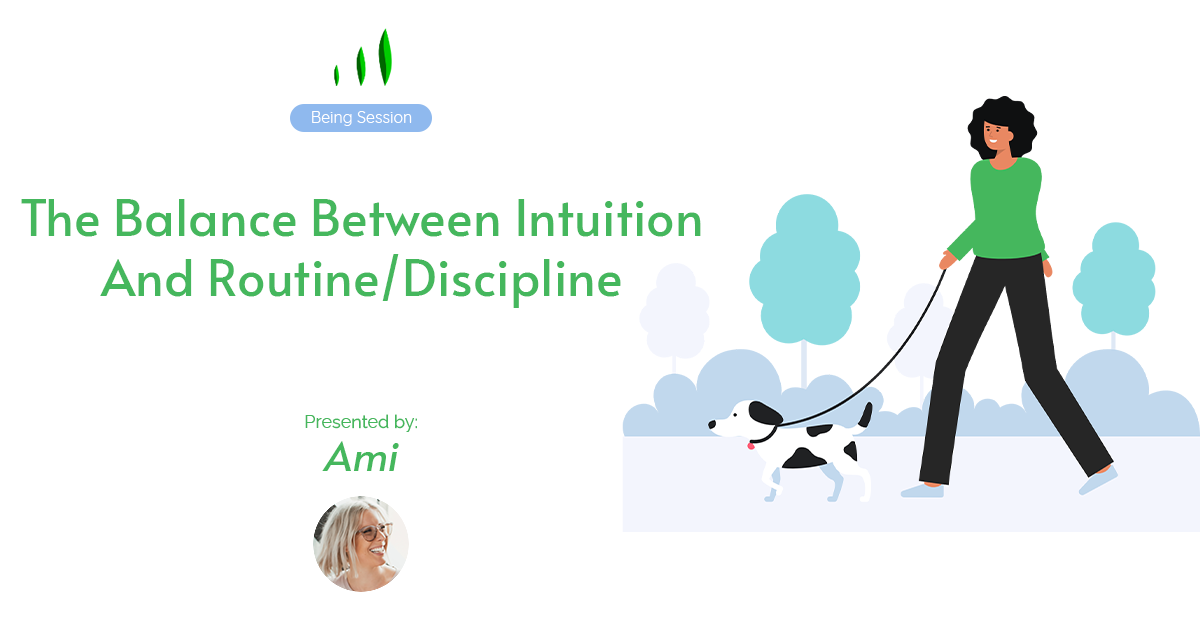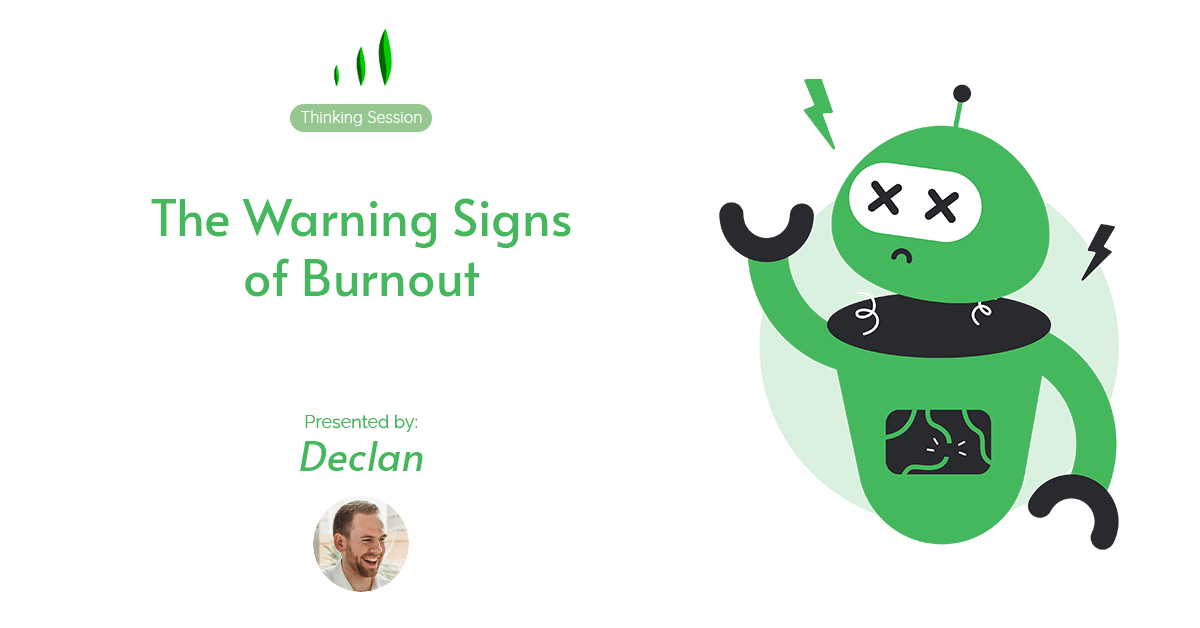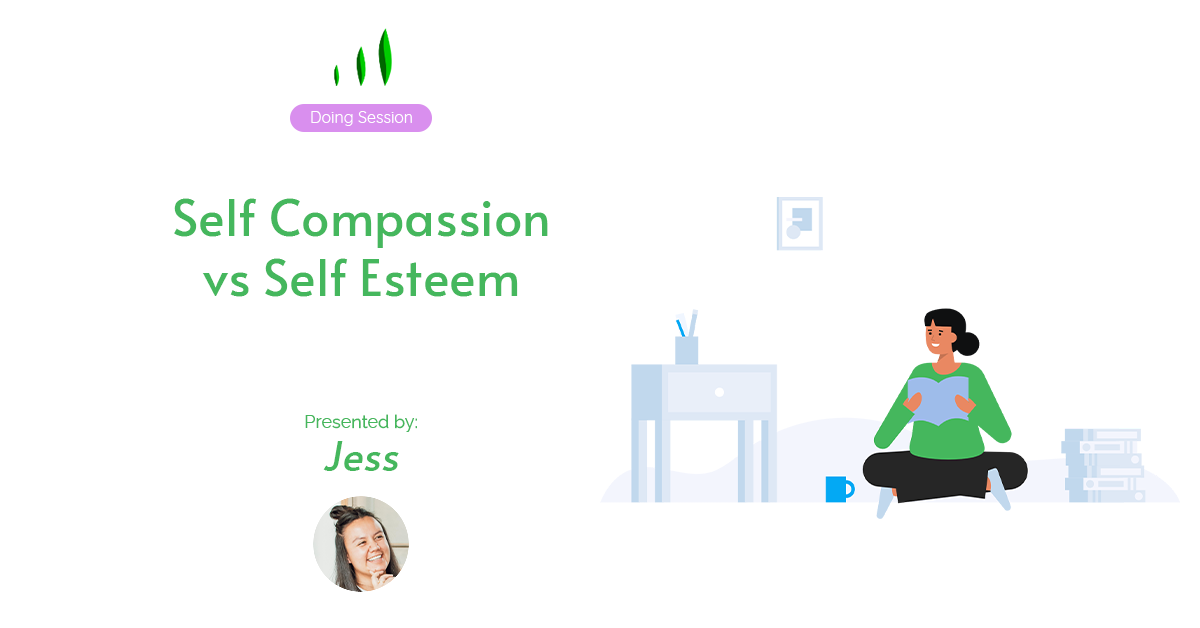Increasing Your Self Worth
You know the classic affirmation ‘You are enough’ – but how do you actually believe and embody that? In this workshop you will learn what self worth is, what it looks like to you and ways that you can increase your self worth so you are feeling more confident and empowered. Join us to: Identify…
How to Be a Humanistic Leader
It’s been reported that approximately 50% of people in leadership roles don’t feel confident in their ability to be a great leader. Unfortunately it’s often the case that people are thrusted into leadership and then not given any further support or training on how to perform their new role. In this workshop we’ll be diving…
The Science of Happiness
Since we’re all here at a Happiness College we figured that it’s important to explore the age-old question; what is happiness? Luckily for us, we’re not answering this question alone. Join us to explore and unpack what pioneering fields of study such as Positive Psychology, Acceptance & Commitment and Philosophy have to say about happiness.…
Learning How To Down Regulate And Up Regulate Your Self Care
This workshop is about bringing clarity and awareness to building an effective physical self care plan that doesn’t leave you feeling burnt out by the end of the week. The type of training, and the number of sessions, you do has an impact on burn out risk so getting clear on an effective physical self…
Self Sabotage, Negative Self Talk And Procrastination
‘Be mindful of finding holes in your joyful moments. Self sabotage can steal your joy. You deserve to experience the wholeness of good moments and finally give yourself a break from your negative self talk’ Self-sabotage is when you actively or subconsciously take steps to prevent yourself from reaching your goals. This can affect nearly…
How To Stop Worrying About What Other People Think Of You
As humans, we are social by nature and how we are seen by others is a part of how we identify. It is how we create our perception of where we ‘fit’ in the world and in your community, social circles and relationships. The need to fit in and connect is one of six basic…
Reigniting Your Personal Growth
Like anything else in life your personal growth journey will experience highs and lows. All too often we see people fall into the trap of expecting their personal growth to be linear. This is not the case. In fact, some of the steps ‘backward’ can be some of the most valuable parts of your journey;…
Parenting Styles
What a juicy topic! This isn’t just a workshop for parents, it’s for anybody wanting to better understand their relationships and behaviours to themselves, their parents and to others around them. Join me for this workshop as we explore the different types of parenting styles. Learn to recognise what parenting style you may have experienced…
The Balance Between Intuition And Routine/Discipline
Sometimes your healthy habits and routines can start to feel like ‘tick boxes’ as you move through your weeks. In this workshop you will learn what intuitive living is and how you can apply it to many different areas of your life including exercise, nutrition and social relationships. You will also learn what it can…
The Difference between Compassion, Empathy & Sympathy
While these words are near cousins, they are not synonymous with one another. Empathy means that you feel what a person is feeling. Sympathy means you can understand what the person is feeling & compassion is the willingness to relieve the suffering of another. Have we got you interested? Join us for this amazing workshop…
The Warning Signs of Burnout
The path to burnout can be a slippery slope. It can almost seem as though you’re fine one minute, exhausted the next and considering quitting everything only days later. Unfortunately it can also be difficult to address burnout once it’s got momentum behind it. To help you monitor your burnout risk more proactively we’re going…
Self Compassion vs Self Esteem
Self compassion, somewhere we can go when we fall short. Self-esteem refers to the degree to which we evaluate ourselves positively. It represents how much we like or value ourselves, and is often based on comparisons with others. In contrast, self-compassion is not based on positive judgments or evaluations, it is a way of relating…


